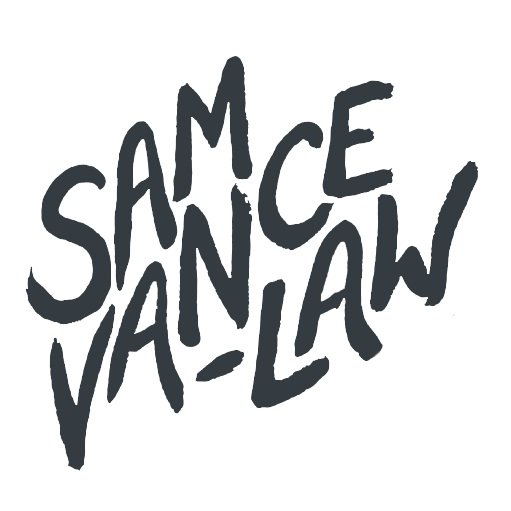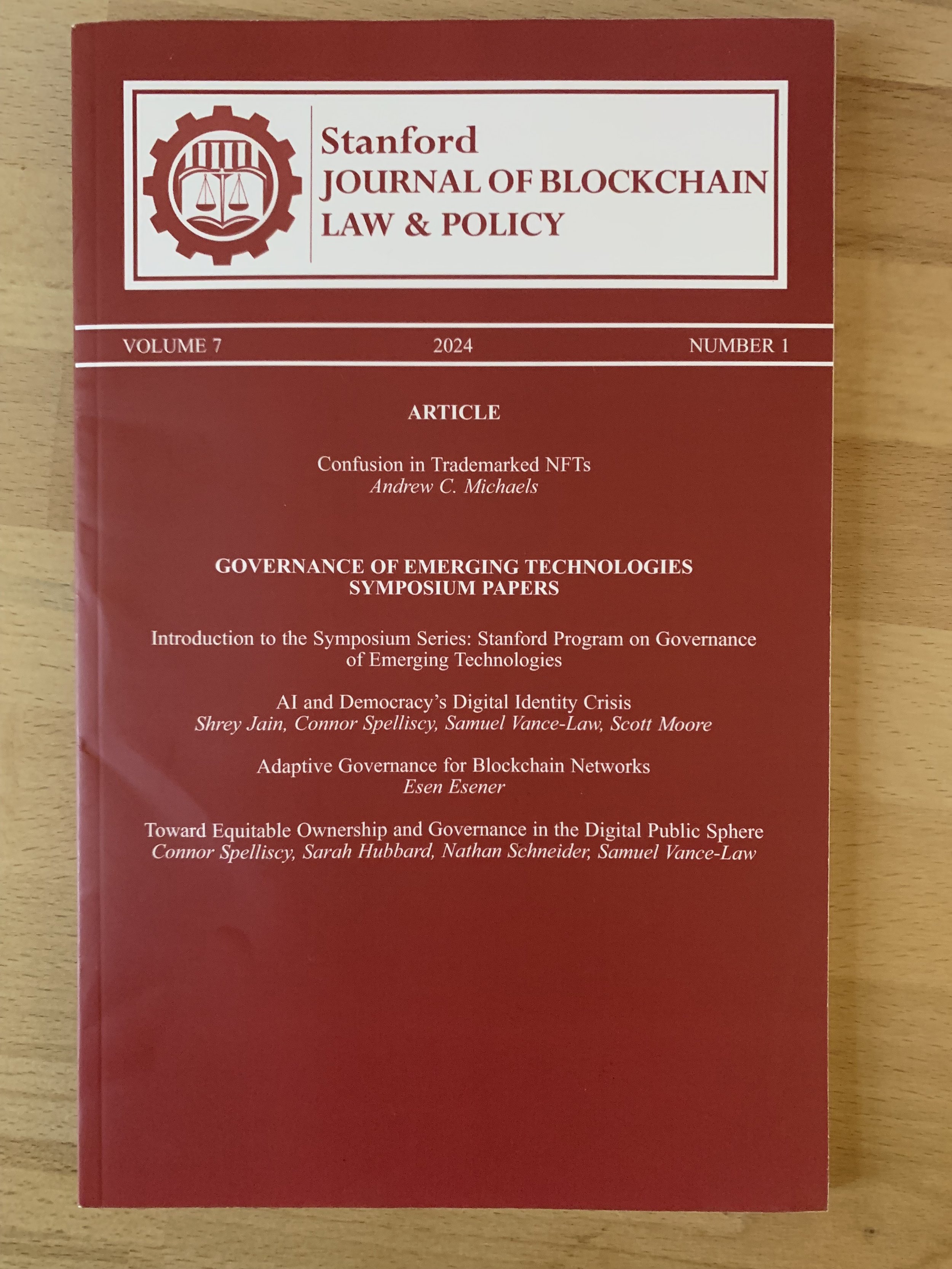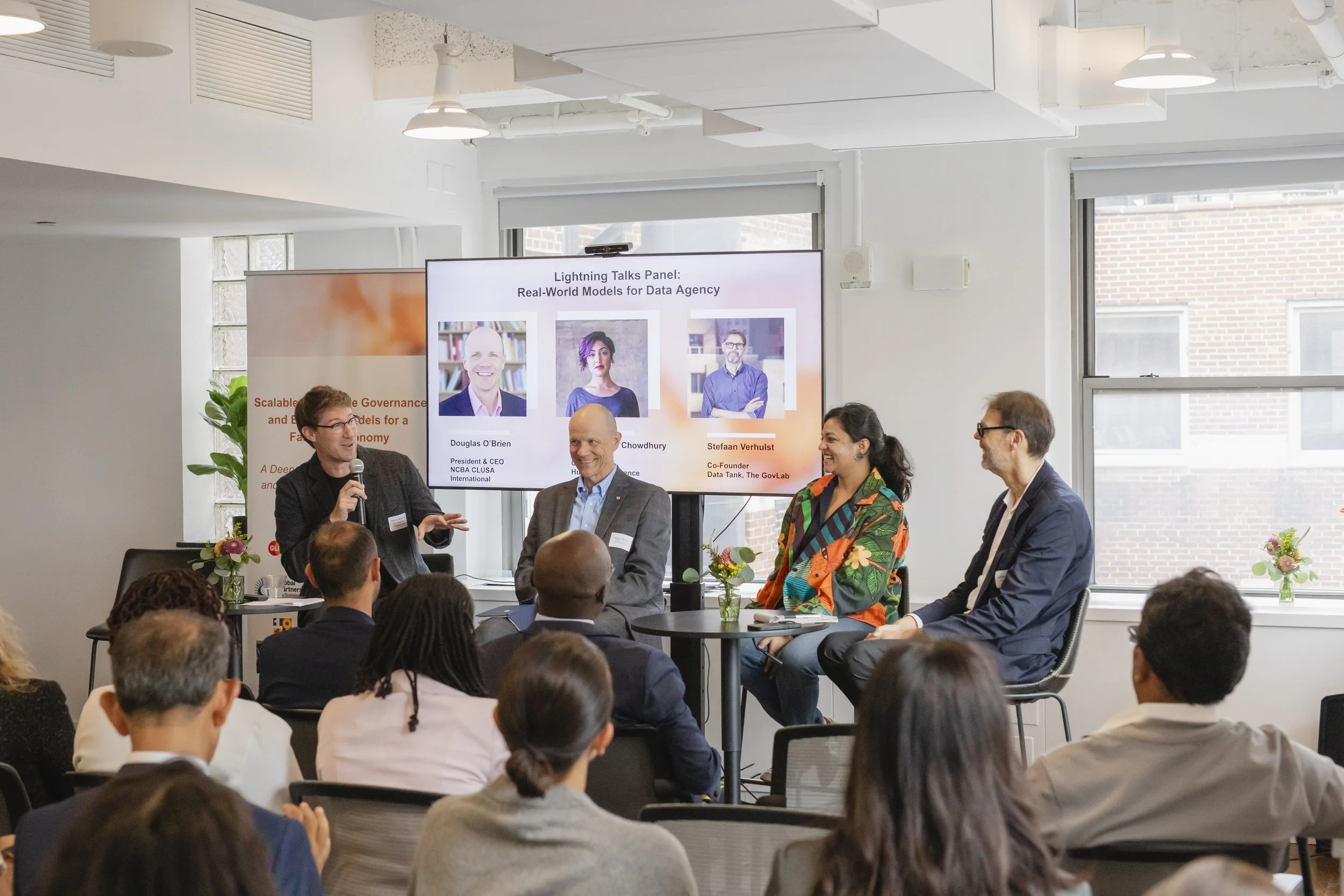Research
Technology Governance and Policy
What is governance and how does it affect the ways we interact with technology and one another? This is the basic question at the heart of what I have been researching over the past few years. One of the amazing things about governance is that it is possibly dull, definitely unsexy, and yet determines so much of what we do in the world, from questions of wealth inequality to the collapse of democracies, from the algorithmic governance of our daily lives to feelings of alienation online. Technologies are never neutral, nor are the governance systems that lead to their creation and production. How technologies are designed, from the organizations that build them to the end product in your hand and on your screen fundamentally determines what work they will do and for whose benefit. I ask some of the following questions when thinking about governance and technology: How can technology help rather than undermine democracies? How can technologies be designed to function for the public good? What does democratic governance of technologies look like? How can new technologies enable new forms of collaborative creation and ownership? How can technologies enable new forms of democracy? These broad-brush questions have led to the more specific questions addressed in the papers below and in the papers I am currently working on: How do we protect against AI-generated disinformation campaigns? Can we update cooperatives to compete with Big Tech in the digital era? How can Decentralized Autonomous Organizations (DAOs) be used for more equitable ownership and governance practices? How do online status and value systems increase inequality and what can be done to ameliorate those effects? How can antitrust law and blockchain work in concert with one another? I have had the great fortune of working with experts in various fields to write the papers below answering some of those questions.
Leveraging Blockchain in a New Era of Antitrust
The current pace and direction of technological innovation have challenged both antitrust law and enforcement. In this paper from the DRC and Flashbots, we take examples from the mortgage industry and United States v. Google to argue that blockchain can help avoid the dilemma of choosing between potential monopolies and ex post enforcement.
https://stanford-jblp.pubpub.org/pub/blockchain-antitrust/release/1
How UNGA 80 Could Shift Power in the Data Economy
In this piece, we discuss proven methods for providing a people-first counterweight to tech behemoths when it comes to the generation and use of data.
https://www.techpolicy.press/how-unga-80-could-shift-power-in-the-data-economy/
How Can Data Cooperatives Help Build a Fair Data Economy? Full Report
In this report, we explore how cooperatives can help address one of the most pressing challenges of the digital era: a fair data economy. How can we return value to the people, communities, and organizations that generate data? And how can we ensure individuals have a voice, a choice, and a stake in their digital lives?
https://www.projectliberty.io/news/data-coops-as-alternative-to-centralized-digital-economy/
How Can Data Cooperatives Help Build a Fair Data Economy? Preliminary Report
In an era where data shapes every aspect of our digital lives, the question of who holds power over this vital resource has profound societal implications. Data ownership and governance inequalities must be addressed to ensure individuals and communities have a voice, choice, and stake in the rapidly evolving digital economy.
https://www.projectliberty.io/news/how-can-data-cooperatives-help-build-a-fair-data-economy/
AI and Democracy’s Digital Identity Crisis
AI poses immediate problems in verifying digital identity. In this paper, we analyze current identity attestations and systems, caution against the predominance of centralized approaches to identity attestation, and provide general and U.S.-specific policy recommendations.
https://stanford-jblp.pubpub.org/pub/ai-democracy-digital-identity/release/1
Toward Equitable Ownership and Governance in the Digital Public Sphere
This paper examines how Decentralized Autonomous Organizations (DAOs) could enable co-ops to become competitive in the digital world. Addressing the shortcomings of current systems of ownership and governance, we lay out an argument for a more equitably owned Internet and provide policy recommendations aimed specifically at the U.S. government.
© Matthew Gilbertson








